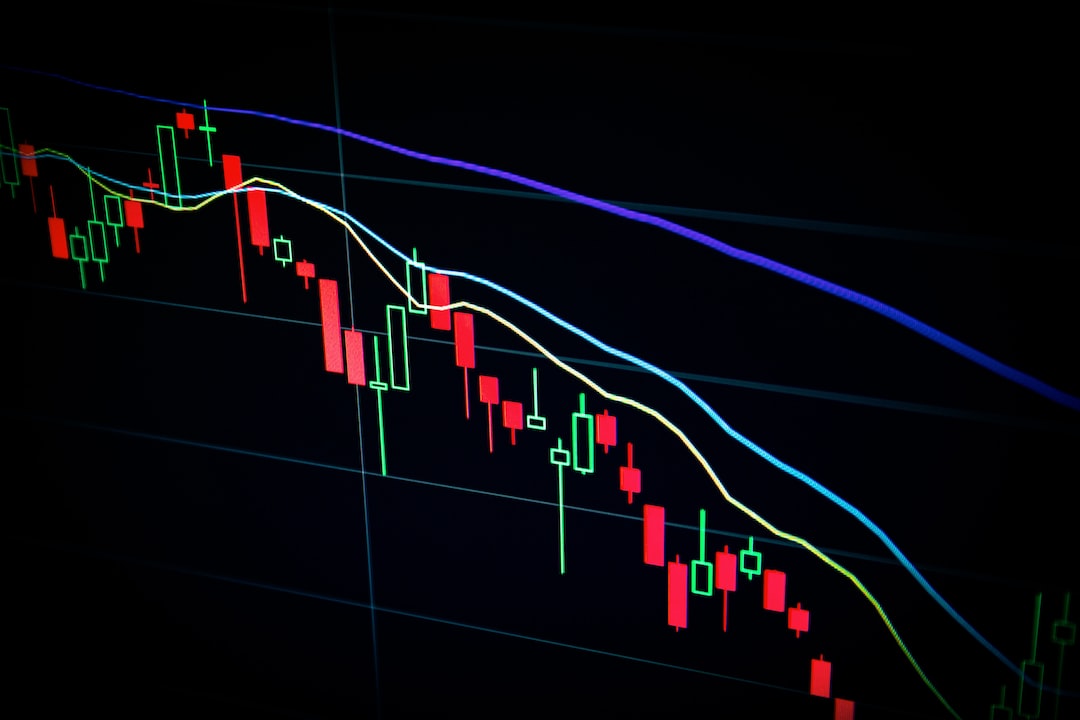The forex market is the largest and most liquid financial market in the world, with over $5.3 trillion traded on a daily basis. It is a decentralized global market where currencies are exchanged, and traders make profits or losses based on the fluctuations of currency prices. The forex market is influenced by a range of factors, including economic and political events, market sentiment, and central bank policies.
Economic Data
Economic data is one of the most important factors that move the forex market. Indicators such as GDP, employment figures, inflation rates, and trade balances have a significant impact on currency prices as they provide insight into the health of an economy. For example, if a country’s GDP growth rate exceeds expectations, its currency is likely to appreciate as investors expect higher returns on their investments. Conversely, if employment figures are weaker than expected, the currency is likely to depreciate as investors lose confidence in the economy’s ability to generate growth.
Central Bank Policies
Central banks play a crucial role in the forex market through their monetary policies. Interest rates, quantitative easing, and other monetary policy tools can affect currency prices in a variety of ways. For example, if a central bank raises interest rates, its currency is likely to appreciate as investors seek higher returns on their investments. Conversely, if a central bank lowers interest rates, its currency is likely to depreciate as investors seek higher yields elsewhere.
In addition to interest rates, central banks also use other tools to influence the forex market. Quantitative easing, for example, involves buying government bonds to inject liquidity into the economy and stimulate growth. This can lead to a weaker currency as the increased supply of money makes it less valuable.
Market Sentiment
Market sentiment refers to the overall mood or tone of the market, and it can have a significant impact on currency prices. Positive sentiment can lead to a bullish market where investors are optimistic about the future, while negative sentiment can lead to a bearish market where investors are pessimistic. This sentiment can be influenced by a range of factors, including news events, economic data, and political developments.
Political Events
Political events can also have a significant impact on the forex market. Elections, referendums, and geopolitical tensions can all cause volatility in the market as investors react to the uncertainty. For example, the Brexit vote in 2016 caused significant fluctuations in the value of the British pound as investors weighed up the potential impact on the UK economy.
In addition to political events, trade tensions between countries can also affect the forex market. Tariffs, trade barriers, and other protectionist measures can lead to a weaker currency as investors worry about the impact on global trade and economic growth.
Conclusion
In conclusion, the forex market is influenced by a range of factors, including economic data, central bank policies, market sentiment, and political events. Traders need to be aware of these factors and how they can affect currency prices to make informed trading decisions. While it is impossible to predict the future of the forex market, understanding the factors that drive it can help traders navigate its volatility and make profitable trades.






